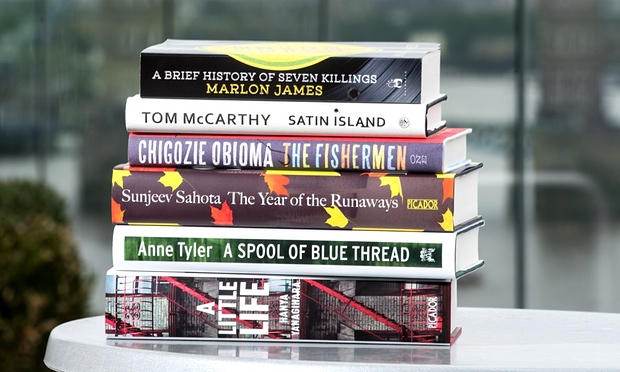On
a secondary level, the novel is a commentary on the idea of Nigeria as a
nation. The country is a construct of the British, and it is a contraption that
is not sustainable. Nigeria is a montage of different nations. The Igbo nation,
for example, is about 40 million people, and that’s just one tribal region. Thriving
nation-states, with their own identities, were merged together. So, just as the
nation-states yielded to the force of this external power, the boys yield to
the external authority of the madman whose prophecy alters the dynamics of
their family.
The
structure of the novel was born out of two philosophical ideas: first, that
children mostly remember things by association with whatever they are
fascinated about. A child bullied at school might come home and narrate a tale
about a boy “as strong as a lion” beating him up. And once you represent, say,
the death of the brother by an association with a sparrow, it makes the impact
of the death less tragic. Secondly, I wanted Ben to believe in the idea of a
parallel universe – in the sense that there is an interdependency of creatures
and other living things – and that the story of a human can be told from the
perspective of a tree, the story of a country through a wormhole, or the story
of a woman through a bird. This led me to create two narrators who are one in
order to represent the nature of remembering. Hence, the story is linear, but
not necessarily chronological. The story ends, and picks up again, and begins –
even when it ends – from its beginning. I wanted to create a point of view in which
the older Benjamin recounts the events of his childhood by going back to the
court where he’d first told the story about his brothers and himself. Hence, I
have two narrators telling the same story at the same time.
The
plot of the novel is centred around the Igbo ideas of destiny. What happens in
the life of a person? Are we in control of what happens to us? We are a very
superstitious people, and in the Igbo imagination, there are no coincidences.
Everything is preordained. Hence, we live a life that is mixed with myths, and
force penetrates our lives every hour. A man may try to lift himself up by hard
work, but that same hard work might be what kills him in the end. The tragic
flaw is a central concept in classic Greek and Shakespearian tragedies.
Culled from the UK Guardian
• Chigozie
Obioma was born in Nigeria and now lives in the United States, where he is
professor of literature and creative writing at the University of
Nabraska-Lincoln. The Fisherman is his first novel.
 |
| Chigozie Obioma's 'The Fishermen' stacked with other shortlisted books |


No comments:
Post a Comment